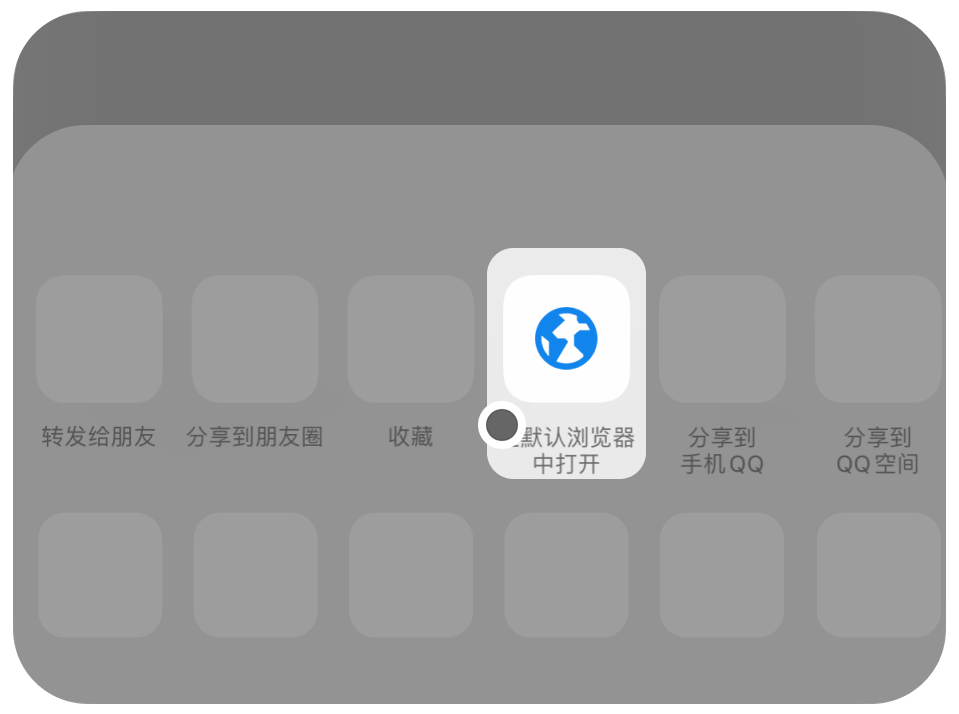在 Python 中,字典的值可以是任何类型的对象
在 Python 中,字典的值可以是任何类型的对象,不受特定数据结构的限制。这意味着字典的值可以来自各种数据结构,包括但不限于以下几种:
1. 基本数据类型
整数(int):{'age': 30}
浮点数(float):{'price': 19.99}
字符串(str):{'name': 'John'}
布尔值(bool):{'is_active': True}
2. 序列类型
列表(list):
python
{'tags': ['python', 'programming', 'data']}
元组(tuple):
python
{'coordinates': (40.7128, -74.0060)}
范围(range):虽然不常见,但可以存储:
python
{'numbers': range(5)} # 存储一个范围对象
3. 集合类型
集合(set):
python
{'unique_numbers': {1, 2, 3, 4, 5}}
冻结集合(frozenset):
python
{'immutable_set': frozenset([1, 2, 3])}
4. 映射类型
字典(dict):字典的值可以是另一个字典,实现嵌套结构:
python
{'person': {'name': 'John', 'age': 30}}
5. 自定义对象
类的实例:你可以将自定义类的实例作为字典的值:
python
class Person:
def __init__(self, name, age):
self.name = name
self.age = age
people = {'john': Person('John', 30)}
6. 函数和方法
函数对象:字典的值可以是函数或方法:
python
def greet(name):
return f"Hello, {name}!"
actions = {'say_hello': greet}
print(actions['say_hello']('Alice')) # 输出: Hello, Alice!


